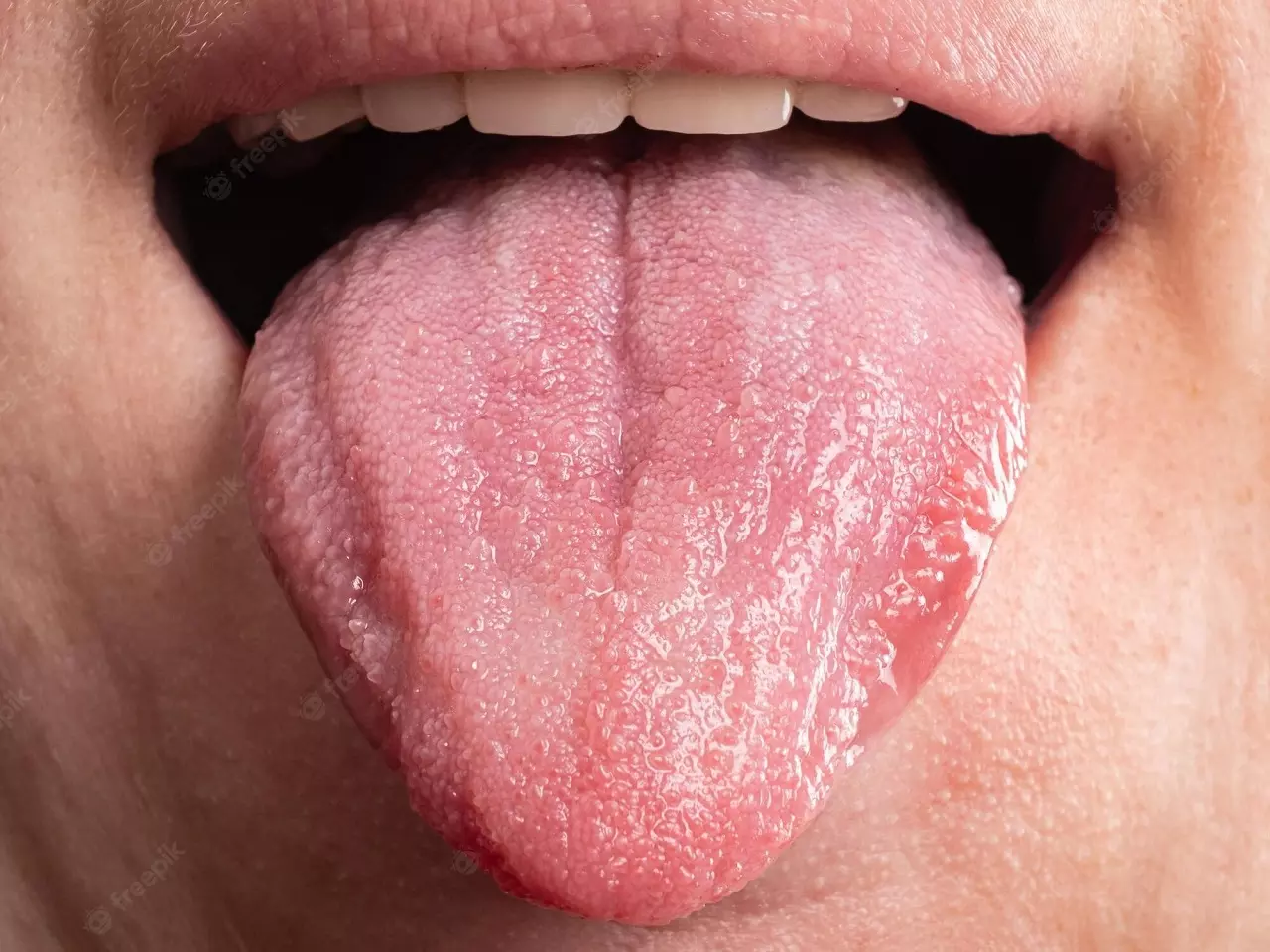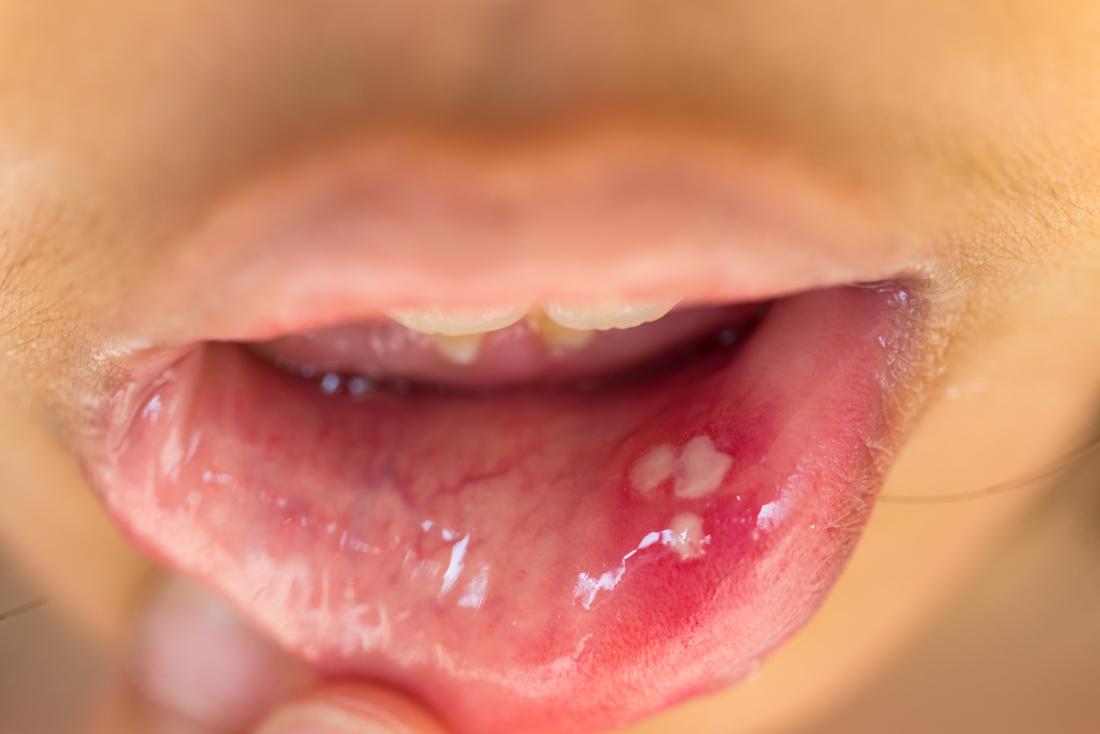Human papillomavirus (HPV) is a common sexually transmitted infection that affects both men and women. It is caused by a group of more than 150 related viruses, which can be transmitted through genital contact or other forms of sexual contact.
Symptoms of HPV
In many cases, people with HPV do not experience any symptoms and may not even know they have the virus. However, some types of HPV can cause visible symptoms, such as:
Genital warts: These are small, fleshy growths that can appear on the genitals, anus, or mouth. They may be flat or raised, and can be single or multiple. Genital warts can be itchy or painful, but this is not always the case.
Other skin changes: Some types of HPV can cause changes in the skin, such as warts, verrucas, or other benign (non-cancerous) growths. These may appear on the hands, feet, or other areas of the body.
Abnormal Pap test: HPV can cause changes in the cells of the cervix, which can be detected during a Pap test. An abnormal Pap test does not necessarily mean you have cancer, but it may indicate the need for further testing or treatment.
Cancer: Some types of HPV can cause cancer of the cervix, anus, or other areas of the body. Cancer may not cause any symptoms in the early stages, but as it progresses, it may cause symptoms such as abnormal bleeding, pain, or other changes.
Treatment for HPV
The treatment for HPV depends on the type of infection and the symptoms it causes. Some treatments may include:
Genital warts: Genital warts can be treated with medications or removed through surgical procedures. Medications that may be used include topical creams or solutions, or oral medications. Surgical procedures may involve freezing the warts, burning them off, or removing them through laser surgery or excision.
Other skin changes: Warts and other skin changes caused by HPV may be treated with medications or removed through surgical procedures similar to those used for genital warts.
Abnormal Pap test: If an abnormal Pap test indicates the presence of abnormal cells, further testing may be necessary to determine the cause and the appropriate treatment. This may include a colposcopy (a procedure that allows the doctor to examine the cervix more closely) or a biopsy (a procedure in which a small sample of tissue is removed and examined). Treatment may include removal of the abnormal cells through surgery or other procedures.
Cancer: Treatment for cancer caused by HPV may include surgery, radiation therapy, chemotherapy, or a combination of these treatments. The specific treatment plan will depend on the type and stage of cancer, as well as the overall health of the patient.
Prevention of HPV
There are several ways to reduce the risk of contracting HPV and developing related health problems:
Vaccination: HPV vaccines are available to protect against the most common types of HPV that can cause cancer and other serious health problems. The vaccines are most effective when given to people before they become sexually active, so it is recommended that children and adolescents receive the vaccine at ages 11 to 12.
Safe sex practices: Using condoms and dental dams can reduce the risk of transmitting HPV, although they may not provide complete protection.
Limit the number of sexual partners: Having fewer sexual partners can reduce the risk of contracting HPV and other sexually transmitted infections.
Get screened: Regular screenings, such as Pap tests and HPV tests, can help detect HPV and related health problems early, when they are most easily treated.

 Home
Home Health
Health Diet & Nutrition
Diet & Nutrition Living Well
Living Well More
More












